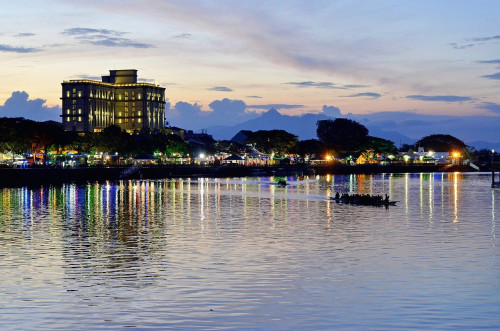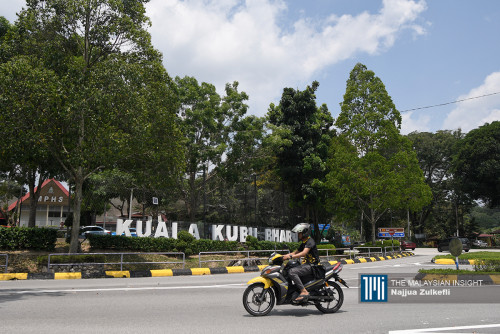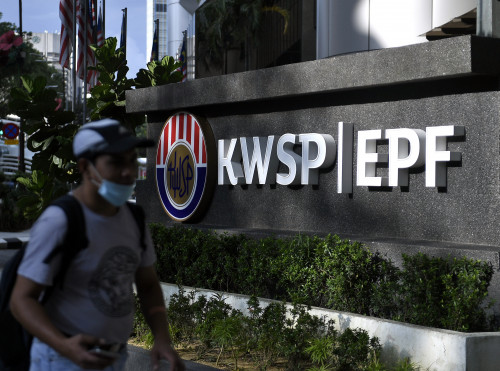THE NATIONAL Load Centre policy introduced in the 1990s to centralise all cargo services in Port Klang, Selangor no longer applies, Transport Minister Anthony Loke has announced.
He said the decision not to carry on with the policy was agreed to at the meeting of the cabinet of ministers chaired by Prime Minister Datuk Seri Anwar Ibrahim today.
He explained that the Transport Ministry's policy of promoting Port Klang as the sole National Load Centre is no longer applicable since the port now handles quantities of local containers for import and export in excess of six million TEUs (Twenty-foot Equivalent Units).
Loke said that the government has made this announcement now as there have been various misleading perceptions on the policy all this while.
This was especially so in Sabah where there has been an impression that foreign ships do not visit ports in the state directly because of the National Load Centre policy.
"It is confirmed that the policy no longer applies. Therefore, any port can be used as a 'loading' port or called by any shipping company directly," he said at a press conference in Putrajaya today.
In this regard, Anthony said, a ship is allowed to dock at any Malaysian port based on the commercial choice of the shipping company and subject to logistical rules applicable for all.
"International shipping companies can continue to dock at any port in our country whether in the peninsula or in Sabah and Sarawak," Loke said.
He added that all local and foreign ships that carry out cargo services in Malaysian waters need to apply for a Domestic Shipping Licence (DSL) for national security reasons.
It is understood that a government directive was issued in 1993 identifying Port Klang to be developed into the National Load Centre.
The cabinet during that period was headed by then prime minister Tun Dr Mahathir Mohamad while the transport minister's position was held by Tun Dr Ling Liong Sik.
According to a report, the decision was made to help the port build critical mass of cargos there to attract major shipping lines and maritime support service players
Port Klang has since grown and now established trade connections with over 120 countries and dealings with more than 500 ports around the world. – The Vibes, March 1, 2024



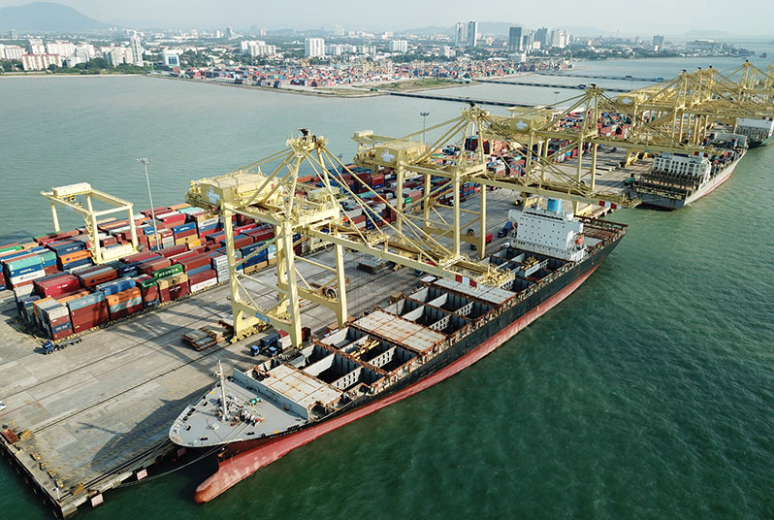



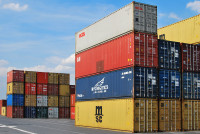








.jpg)
